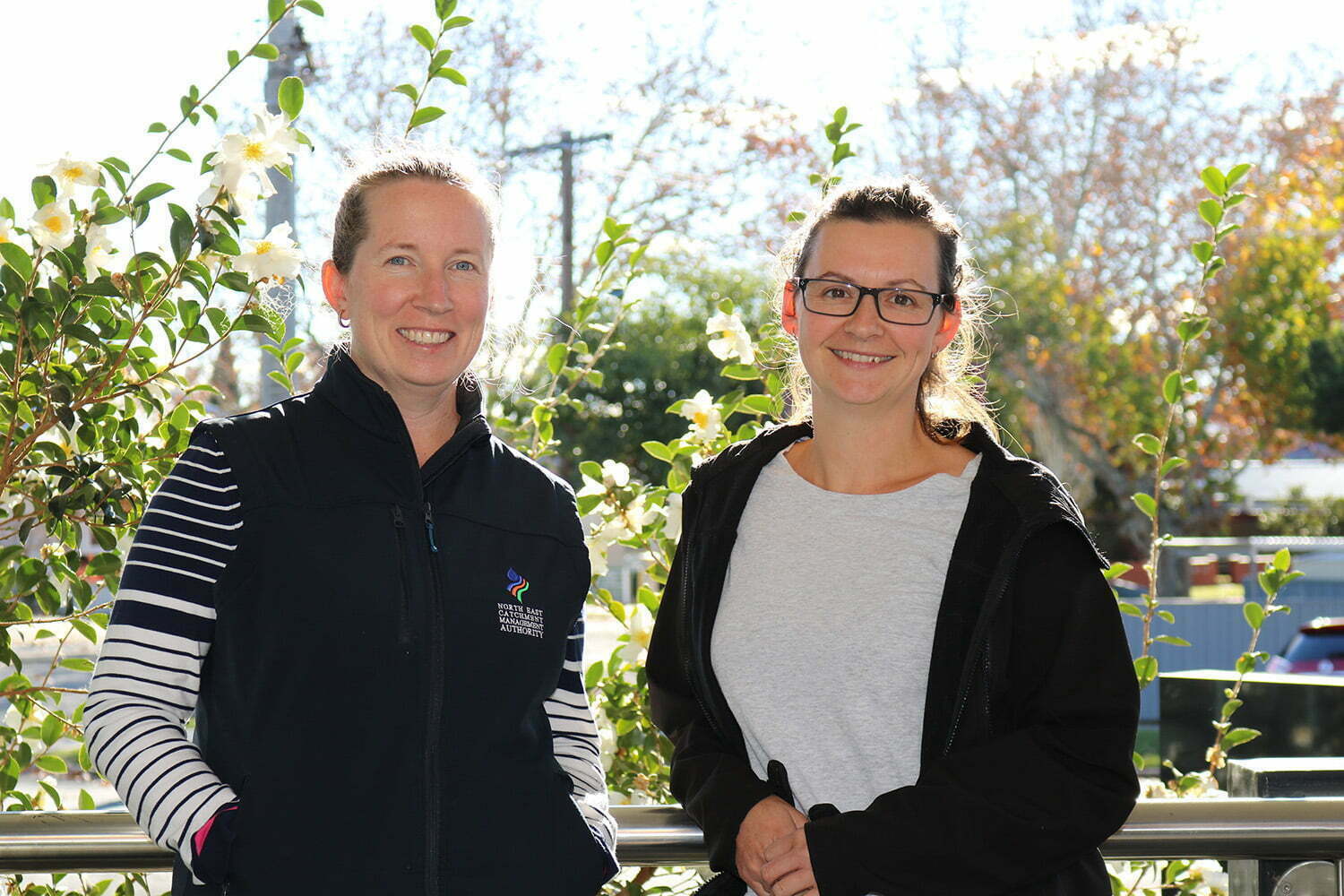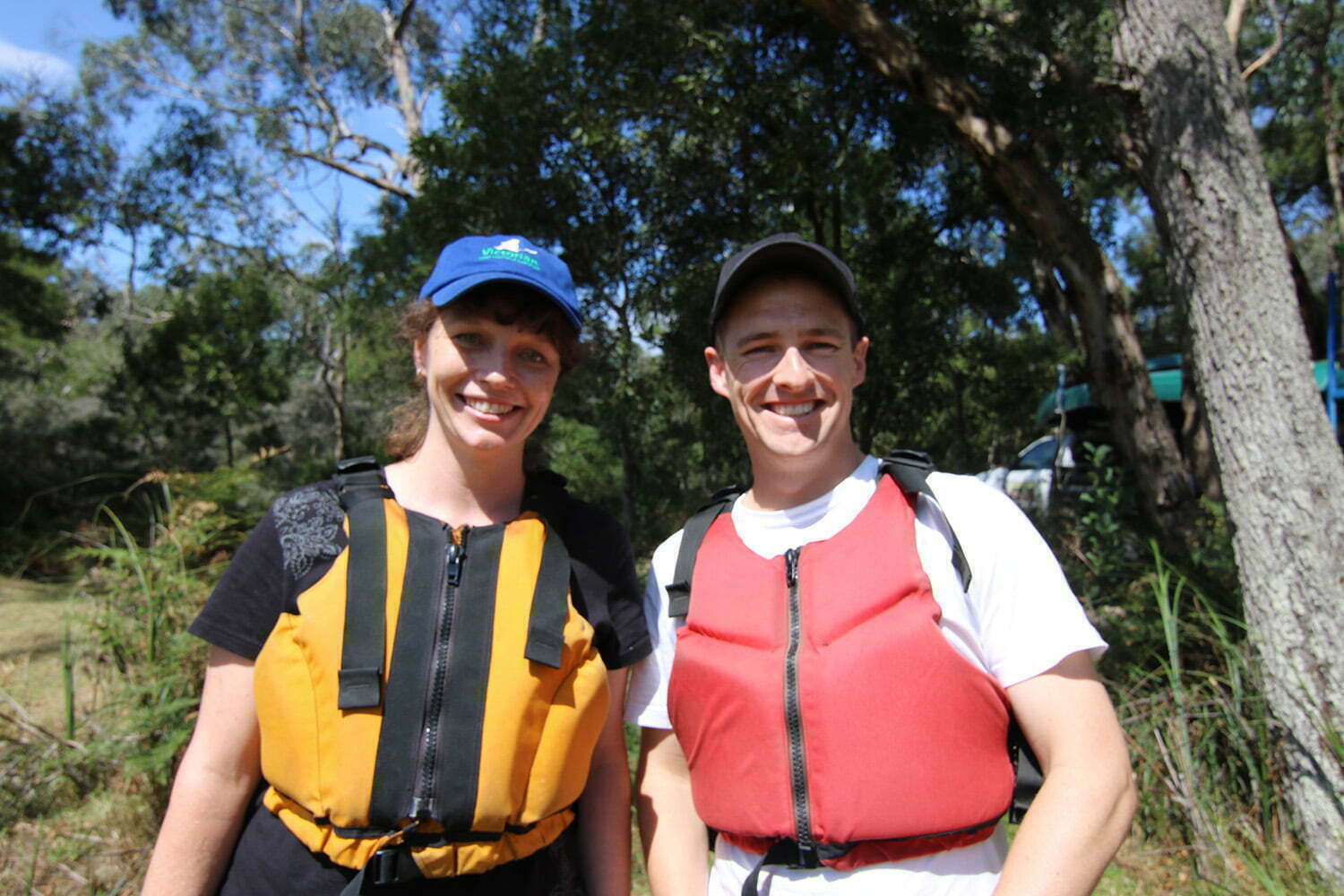What makes a great mentor?
“A mentor is not someone who walks ahead of you to show you how they did it. A mentor walks alongside you to show you what you can do.”

The Mentor; Image Source: 7plus.com.au/the-mentor
Last week, as I was facilitating a catchup of this year’s Waterway Management Mentoring Program, I was sitting in my hotel room channel surfing and I came upon a program called ‘The Mentor’.
Amazing, I thought to myself, as here I was facilitating a mentoring program! I settled in to watch and learn from ‘The Mentor’.
Unfortunately, I found I learnt nothing from the episode other than how not to be a mentor! Instead of listening, supporting and encouraging, I found ‘The Mentor’ belittled, humiliated and put his mentee into a range of awful situations. When I investigated the show further, I came upon a quote ‘The Mentor’ had said to his mentee; “I’m not going to sugar coat it. I’m here to tell you the real shit.”, and I found this to be wrong on so many levels.
The episode left me feeling pretty shocked by this portrayal of mentoring, and I wanted to set the record straight on what, in my eyes, makes a great mentor:
1. Listening 👂
This is the number one skill of a mentor, as so often we are in such a hurry to tell everyone how much we know, that we never listen to each other. As a mentor, your job is to listen to the mentee, ask questions, explore issues, and provide insights from your personal experience that might help them along their journey.
2. Mutual trust and respect 🤝
Mentoring is a relationship based on trust, and trust thrives when those involved in the relationship feel respected and valued. Trust takes time to build, and that is why in our Program we have workshops running over a few days, and involving lots of different activities, so that people get to know each other and lay the foundations for trusted, respectful relationships.

